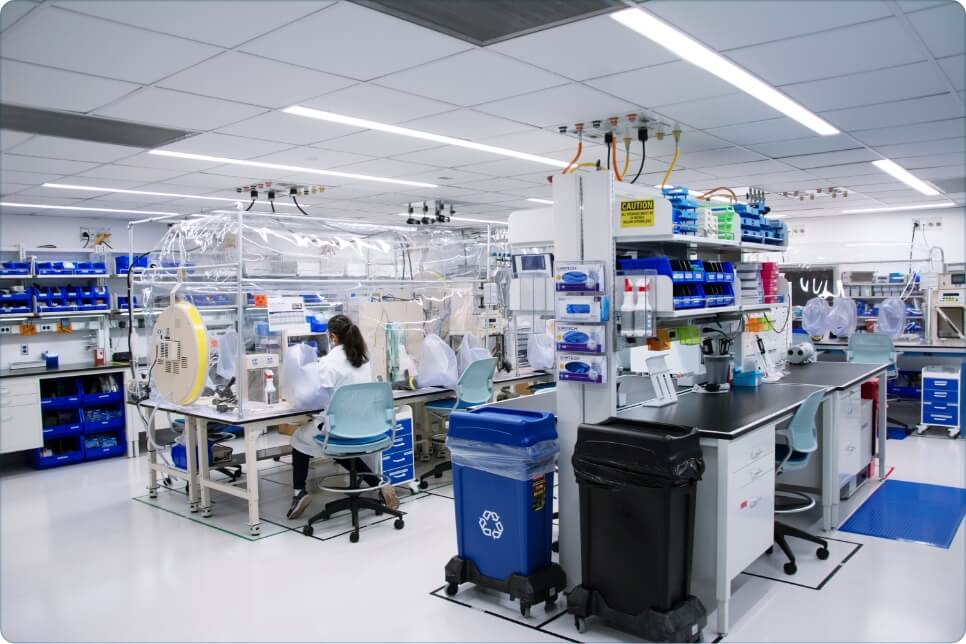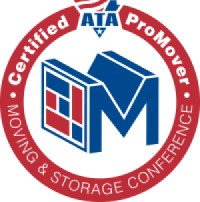WINTER WEATHER MOVING
Winter Weather Home Moving
Home moving during winter weather can present unique situations. Be sure to take the proper steps to ensure a safe and successful move.
SNOW + ICE REMOVAL
If you are moving out of, or into, a snowy climate, please ensure all moving paths are clear of snow and ice. Due to restrictions from insurance companies, Ace Relocation cannot be responsible for the removal of snow and ice from walkways, sidewalks, and driveways. Prior to the arrival of your Ace Relocation crew, at either your origin or your destination, please remove all snow and ice from the paths where crews will be working. This will ensure the best possible handling of your belongings and provide for the safety of all.
BABY IT'S COLD INSIDE
Nobody likes to let the cold in, but when crews are moving everything from your house to a truck, it’s inevitable. Your doors will be open a lot and the cold air will make its way in. Be prepared for the temperature inside your home to drop during the loading process and layer up.
ELECTRONICS
Manufacturers of TV’s, computers, sound system components, electronic fitness equipment, and other electrical/electronic items warn that extreme temperature changes can cause condensation in electrical components. It is highly recommended by manufacturers that you wait 24 hours before servicing or reconnecting these types of items after they have been exposed to extreme temperature changes.
APPLIANCES
Many appliances contain fluids such as water or oil or have a heating element. Those appliances need to return to room temperature prior to being plugged in and operated. Examples include washing machines and dryers, refrigerators, ice makers, water softeners, etc.
Washing Machine – Crews drain water from the pump at origin. However, washing machines will always retain some water in the mixer valve, pump housing and internal hoses. Attempting to operate the washer with moisture frozen internally may result in damage to internal components. Allow the entire washing machine to reach room temperature before operating.
Dryer – Internal components such as igniters and ceramic heating elements can become brittle in cold temperatures. Operating the dryer prior to it reaching room temperature will cause a sudden temperature change and can damage the appliance.
Refrigerator / Freezer / Icemaker – Crews drain the solenoid values, supply lines and the water filter (if applicable) when servicing at origin. However, residual moisture in those internal parts may freeze during transport through cold climates. The refrigerator / freezer / icemaker should be allowed to reach room temperature prior to reconnection and system check.
Water Softeners – Residual water in supply tanks and lines may freeze during cold temperatures. These units should be allowed to reach room temperature before installation to prevent damage to components.
GRANDFATHER + ANALOG CLOCKS
Cold temperatures can cause the small gears, components, and moving parts of the clock mechanism to contract and therefore restrict movement. The oil used to lubricate clocks also can be affected by cold weather causing restricted movement within the mechanism. Clocks should be allowed to acclimate and reach room temperature before servicing or restarting.






